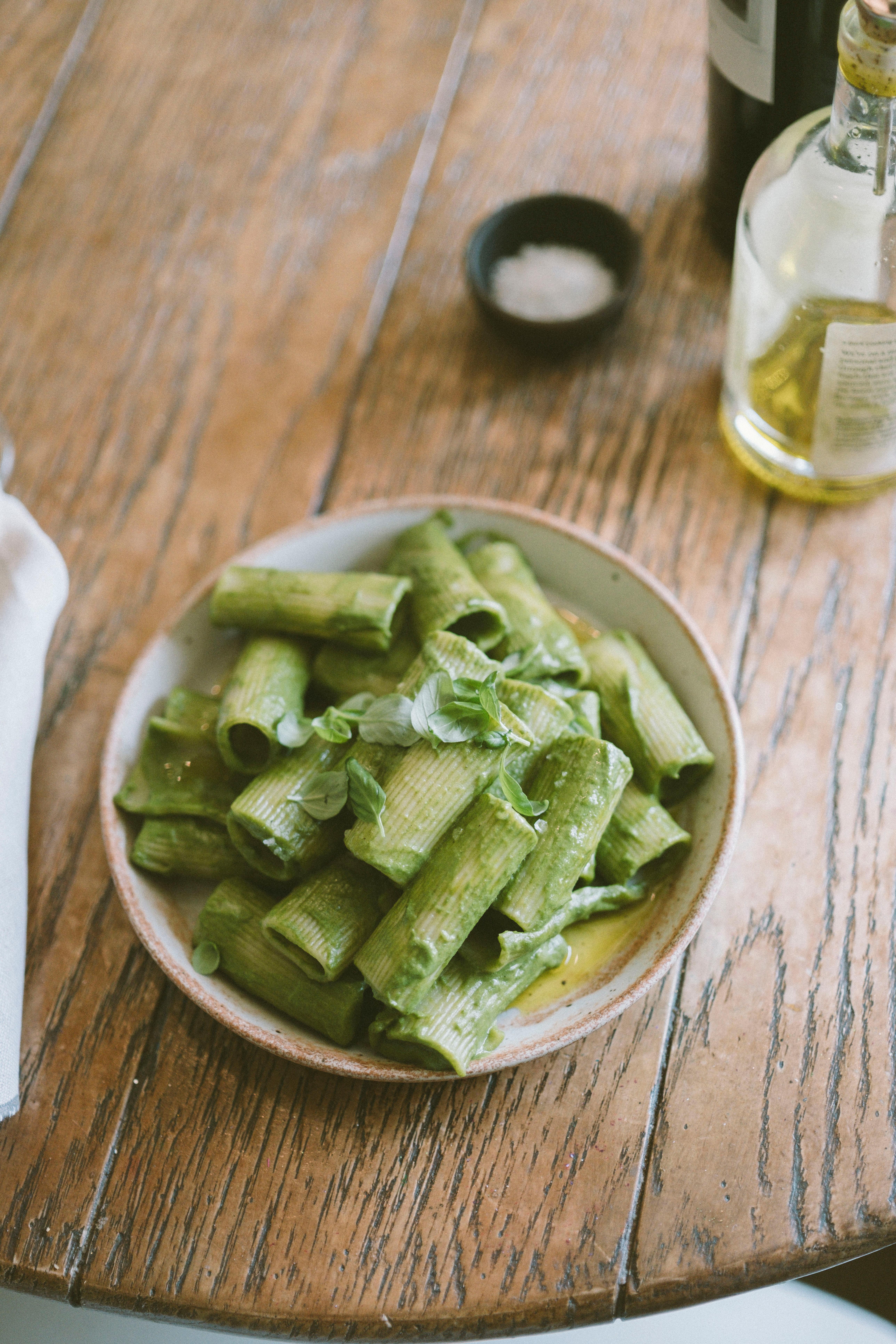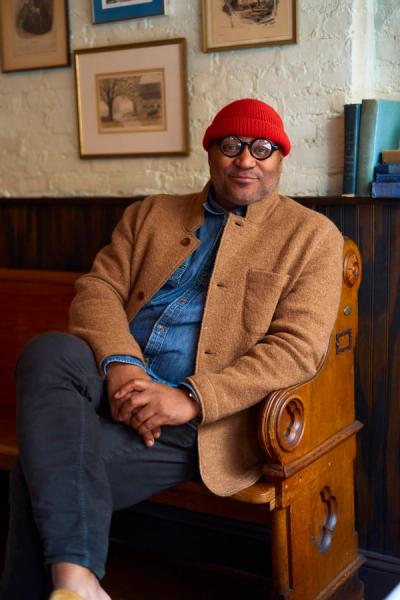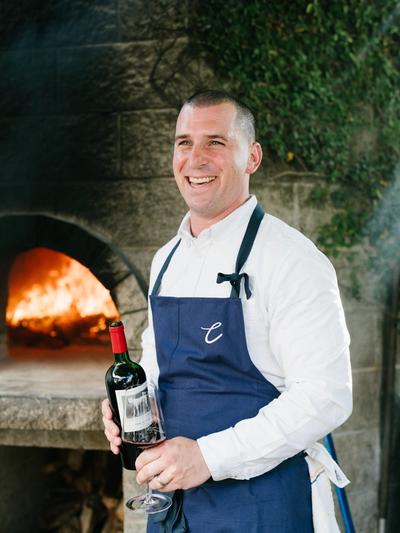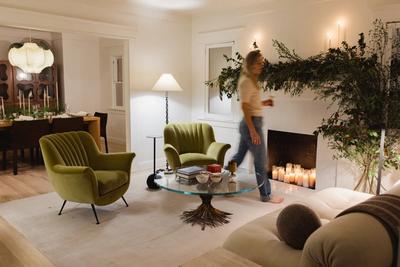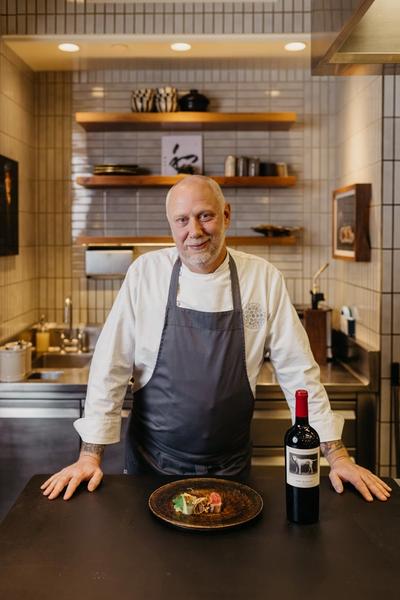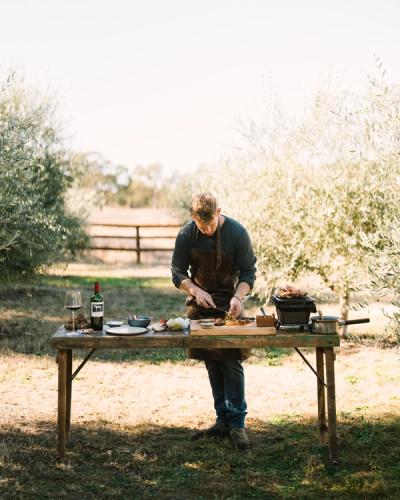Regenerative Farming with Camilla Marcus
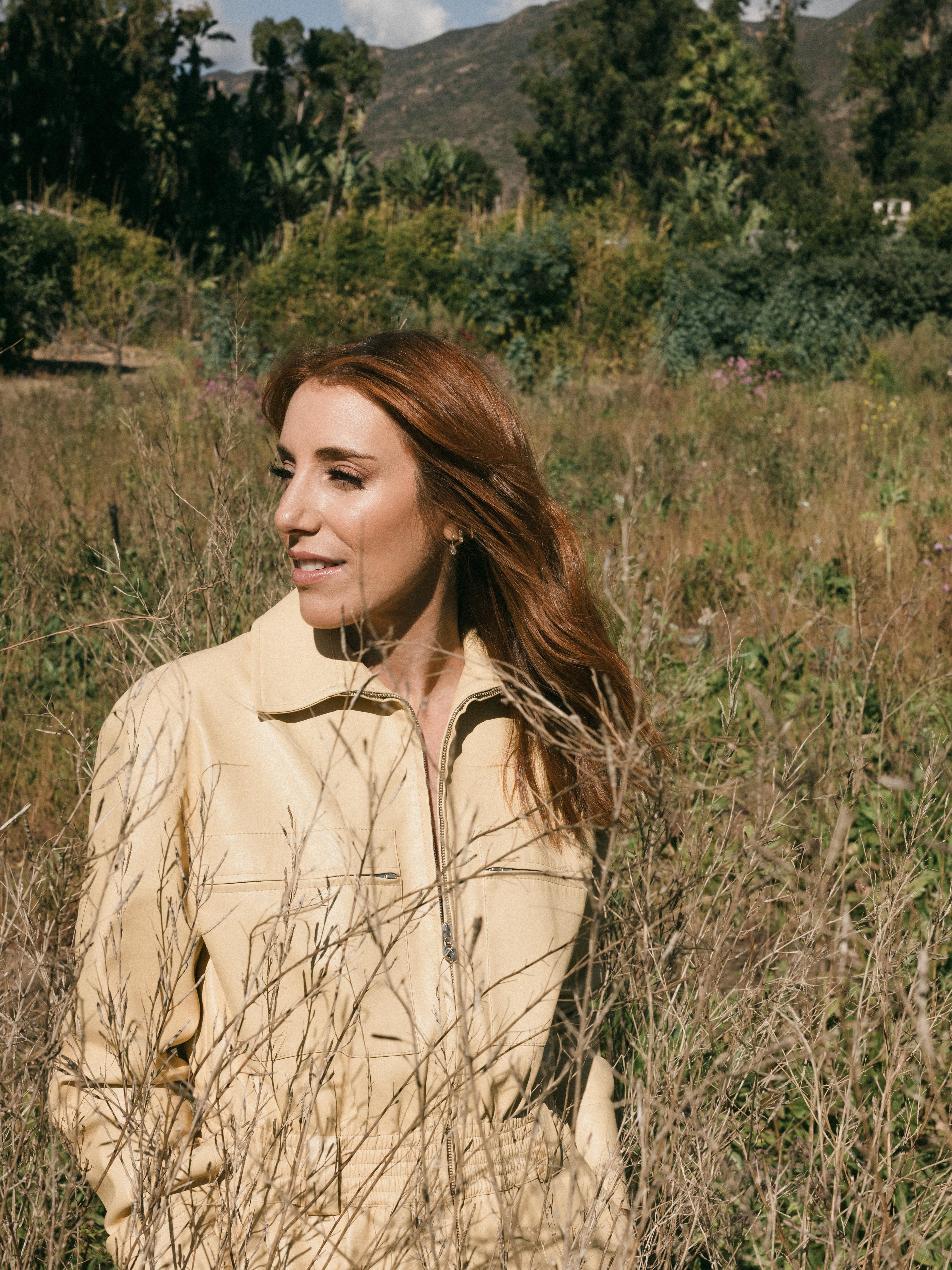
We sat down with chef and entrepreneur Camilla Marcus to explore how she weaves regenerative farming into both her personal life and professional pursuits. Rooted in her California upbringing, Camilla launched Westbourne as New York City’s first zero-waste certified restaurant. Today, she has evolved the mission, centered on eating well and living consciously, into a line of regenerative, carbon-neutral provisions for the modern home.
Let’s start at the beginning. Can you tell us about your background and what drew you to food as a creative path?
Camilla: I was born and raised in Los Angeles with a decidedly Californian upbringing centered around healthy food, environmental mindfulness, and community engagement. In my family, food went beyond sustenance—it was a means of connection and expression. I began my academic journey earning my business degree from the Wharton School, followed by a JD/MBA from NYU. But my love of restaurants and food drew me back to cooking time and again, and I knew I wanted to attend culinary school after college. I studied at the Natural Gourmet Institute and spent time in kitchens, including those of Danny Meyer's Union Square Hospitality Group. I also worked in real estate, law, and hospitality development. That blend of creative and strategic experience gave me the foundation to build west~bourne, offering regenerative, carbon-neutral provisions for the modern home. I was drawn to food not just as an art form, but as a means of activism. It touches every part of our lives—how we nourish ourselves, how we care for the planet, how we show up in community.
You’re known not only as a food expert but also as a passionate advocate for regenerative food systems. What sparked that commitment for you?
Camilla: For me, the spark came from something both personal and practical: a recognition that the way we grow, source, and consume food is at the heart of so many of the challenges we face today—from climate change to social equity. Composting, cooking with whole foods, and minimizing waste have been part of my everyday life since childhood. Later, when I entered the world of food and hospitality, I started to see how disconnected so much of the industry was from those values. That realization had me step back and ask: what would it look like to build a business that could nourish people and the planet? And that's been the driving force behind everything we do at west~bourne.
Regenerative agriculture goes beyond sustainability; it’s about giving back to the land. How do you incorporate those values into your work, both in and out of the kitchen?
Camilla: This is such an important distinction. Sustainability is about maintaining the status quo, but regeneration goes a step further, asking us to actively improve the health of our ecosystems and communities. At west~bourne, our commitment to regenerative agriculture starts with our sourcing. We work directly with small, independent farms, prioritizing soil health, biodiversity, and ethical labor. Beyond ingredients, regeneration shows up in how we design our products and systems. The entirety of our supply chain is plastic-free, our fully-recyclable bottles are labeled with soy ink imprinted on tree-free paper, and our tamper bands are made from compostable cellulose.
Every detail is intentional. Outside the kitchen, that same ethos informs how I raise my kids. We spent a lot of time together in our garden. We also shop together as a family at our local farmer's market and ask our kids to pick out a new fruit and a new vegetable every week. This small effort supports crop diversity and reduces soil-depleting farming practices. It's important to me that our children are raised with an appreciation for the care, dedication, and effort that goes into how our food is grown.
"Sustainability is about maintaining the status quo, but regeneration goes a step further, asking us to actively improve the health of our ecosystems and communities."
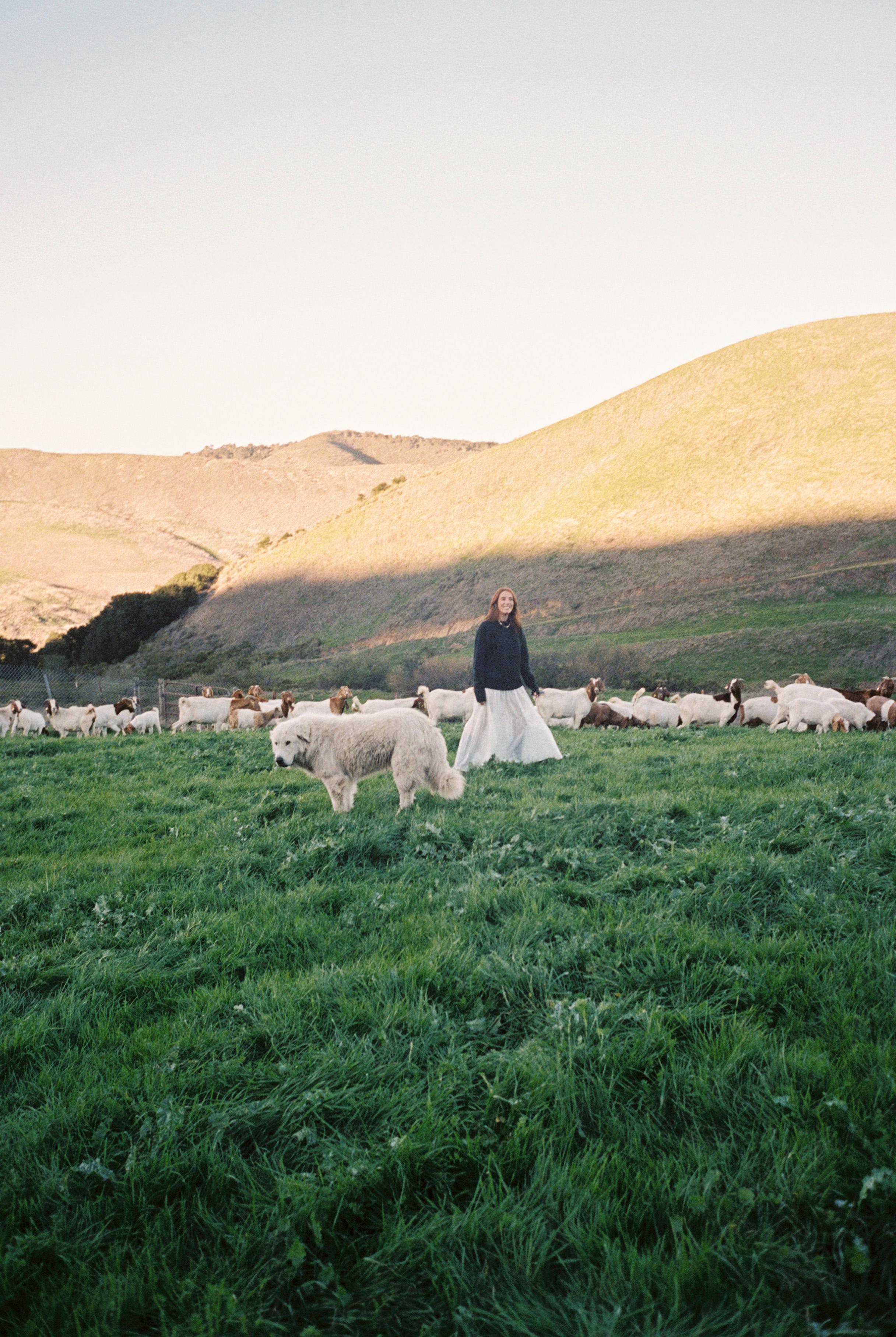
Your work beautifully bridges innovation and tradition. How do you stay grounded in your roots while continuing to push food culture forward?
Camilla: I really believe that innovation without grounding can feel hollow, and tradition without progress can become stagnant. For me, staying grounded means honoring my roots—my upbringing in Los Angeles, which is deeply connected to a culture of conscious living and creativity. That grounding allows me to innovate with intention. Instead of chasing trends, I'm building on a foundation, asking how we can deepen our connection to food, to the earth, and to each other while shaping the direction we are headed in.

"Curiosity is the way I stay alive to possibility. The best food and best ideas come from asking: What's possible? How can we do better? That sense of wonder keeps us connected to each other and the wider world."
The Mascot embodies the spirit of renewal, resilience, and curiosity, and is deeply rooted in nature. How do those qualities resonate with your approach to food and community?
Camilla: My work is rooted in the belief that renewal, resilience, and curiosity are all essential qualities for meaningful change. I see food as a daily opportunity to regenerate our bodies, our communities, and our planet. It's a chance to begin again each day—to make different choices, to listen more deeply to the seasons, and to support growers and brands working to restore the land.
Resilience is something I've come to know well, especially as a founder, a chef, and a mother. That spirit guided our shift from a restaurant to a provisions brand when the pandemic hit. We didn't just pivot, but we reimagined what our impact could be.
Curiosity is the way I stay alive to possibility. The best food and best ideas come from asking: What's possible? How can we do better? That sense of wonder keeps us connected to each other and the wider world.
You recently had the chance to create a dish with The Mascot alongside Amanda Harlan. What about the 2020 vintage spoke to you most?
Camilla: While a robust cabernet-based blend, the 2020 vintage is tempered with subtle nuance, which I love. The balance of tannin and acidity pairs really beautifully with a hearty, flavor-forward vegetable such as the spinach we used in the rigatoni dish. What I also love about The Mascot is the story behind it, beginning as a family wine without a name or label, and the future-centered sustainable stewardship that goes into its farming and cultivation.
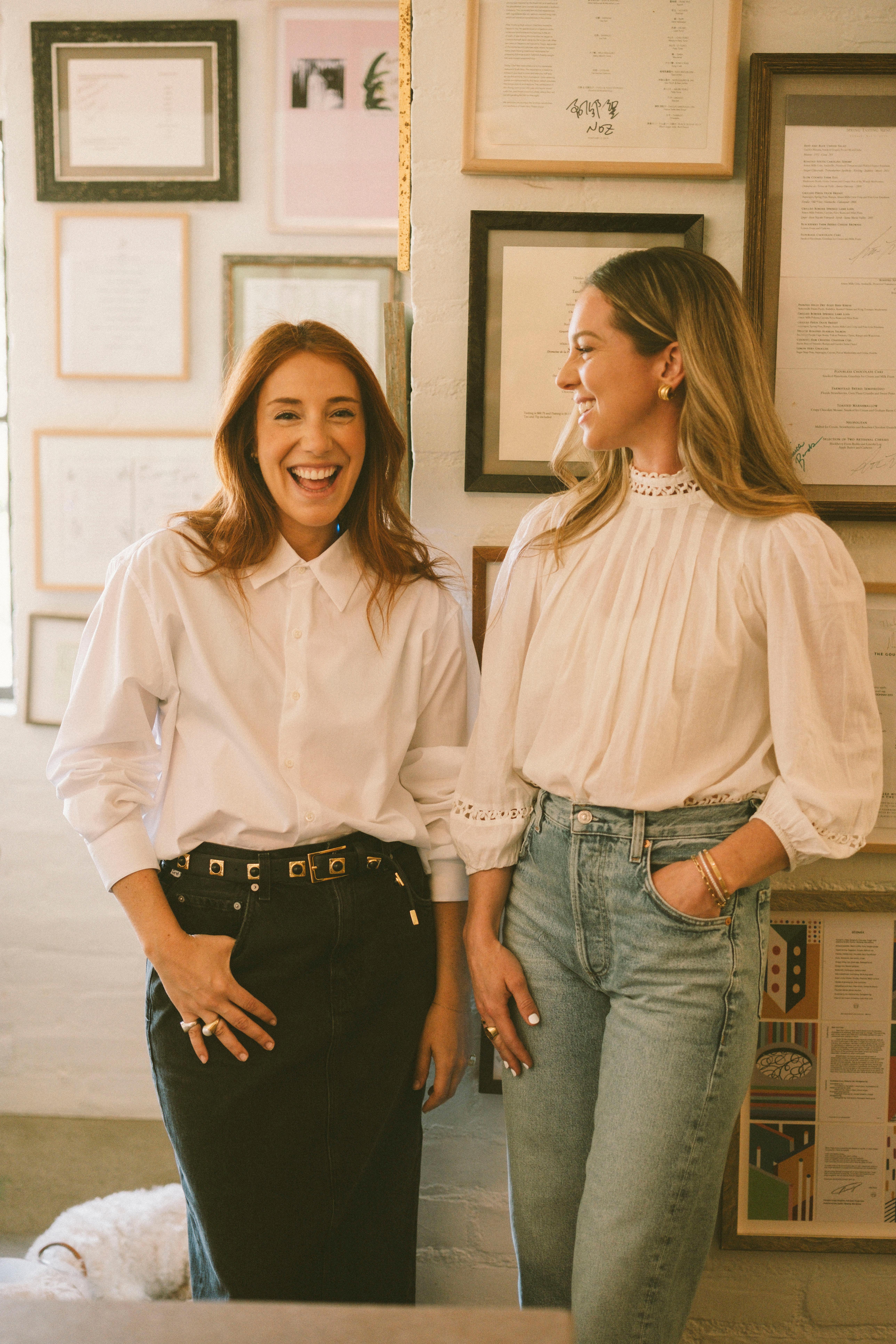
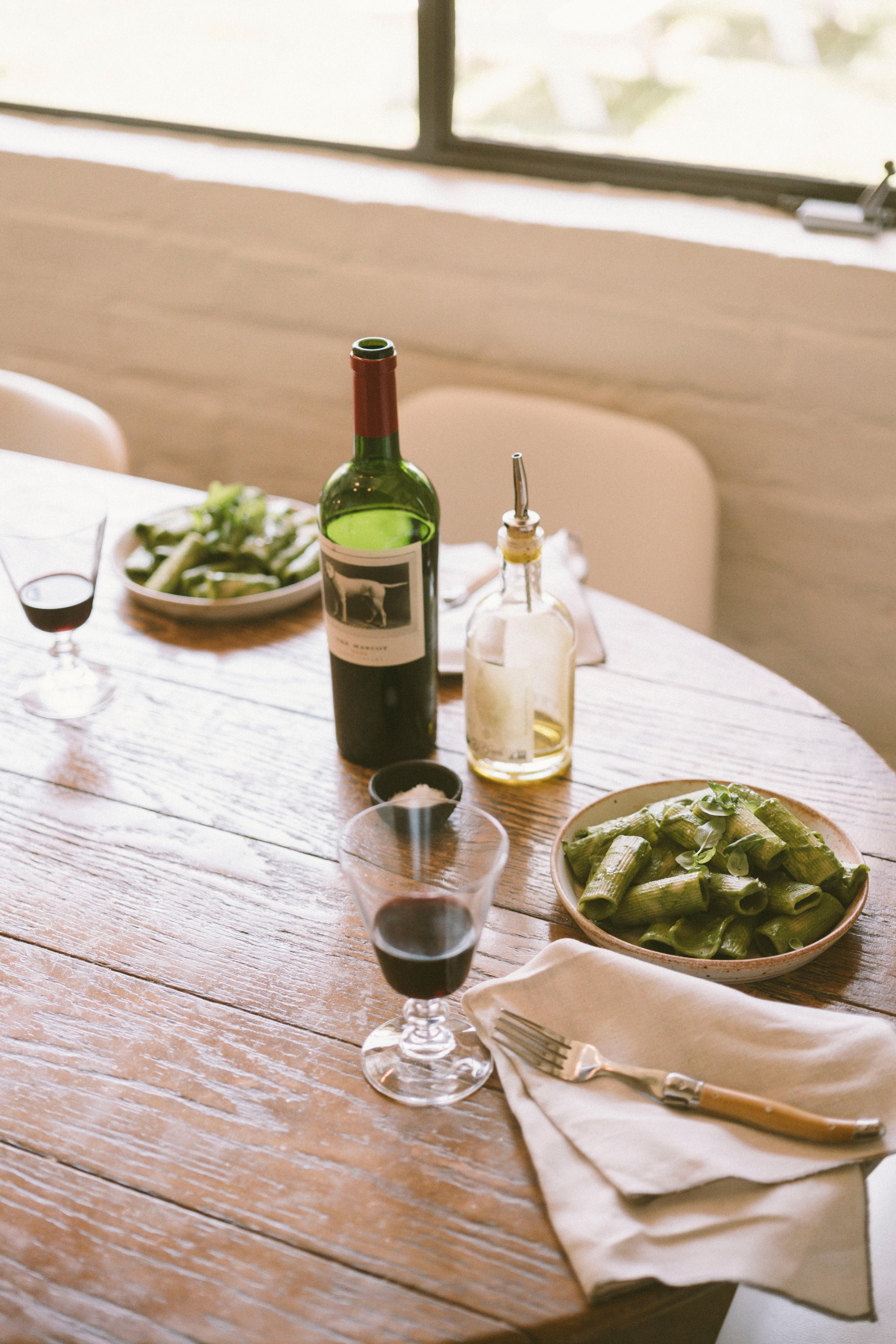
What’s one lesson the land has taught you that you carry into everything you do?
Camilla: Patience. Real, lasting growth takes time and trust in the process. In nature, nothing is rushed. The soil needs rest, crops need seasons, and regeneration happens in cycles. This reminds me to move with intention and that change can begin with one simple step. That single action can build on itself and tends to radiate outward, inspiring meaningful evolution and lasting progress.
What excites you most about the future of food, and what role do conscious companies play in shaping that future?
Camilla: Food is a living language. It's always evolving, and what excites me most about the future of food is the growing awareness that our daily choices have profound impacts on both individual and agricultural health. There's a palpable shift toward embracing food as a means of regeneration, not just consumption. Conscious companies are demonstrating that it is possible to align profitability with purpose, setting new standards around regenerative practices and transparent supply chains while inspiring others to follow.
